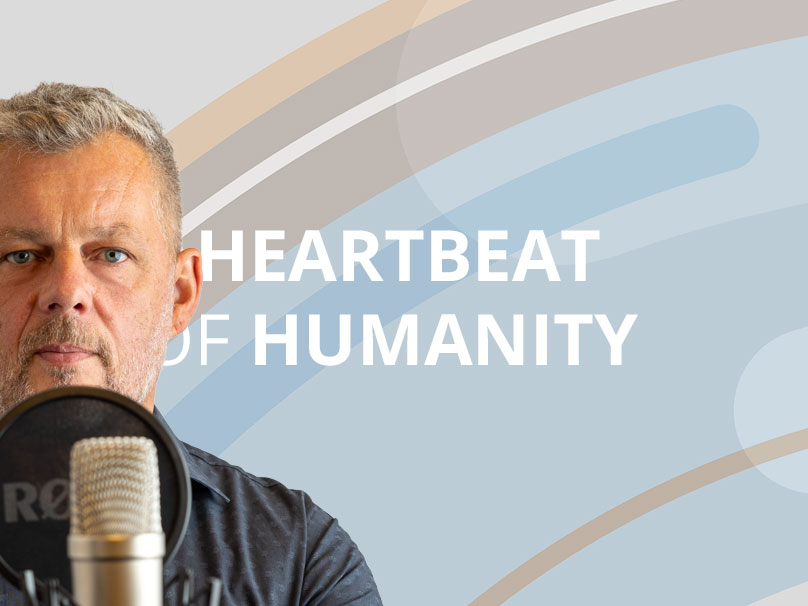Trauma is something deeply personal and I realize that it should be treated individually. But the structural problem creating trauma in Europe, is the fact that we have said it is a crisis, and we have to protect the border by any and every mean.
Villads Zahle, Senior Communications Coordinator in the European Council on Refugees and Exiles
In this episode of Heartbeat of Humanity, Communications Officer Jesper Guhle explores the potential mental health consequences for people forced to migrate and what the Red Cross Red Crescent Staff and volunteers can do to support these people. Jesper interviews Villads Zahle, Senior Communications Coordinator in the European Council on Refugees and Exiles, Barly, dancer, artist, podcaster and chef, and Sarah Harrison, Technical Advisor in the IFRC Psychosocial Centre.
You don’t have the power to decide where you are going and for how long you are going. Mentally, being inside the camp is torture.
Barly, dancer, artist, podcaster and chef.
Watch the podcast as a video
For two-and-a-half years, Barly lived in 15 different asylum centres with no explanations. He did not receive information or updates on the progress of his case or how long he would stay there. As Barly says, he didn’t have control over his own decisions and had no idea how long he would have to be in that position.

